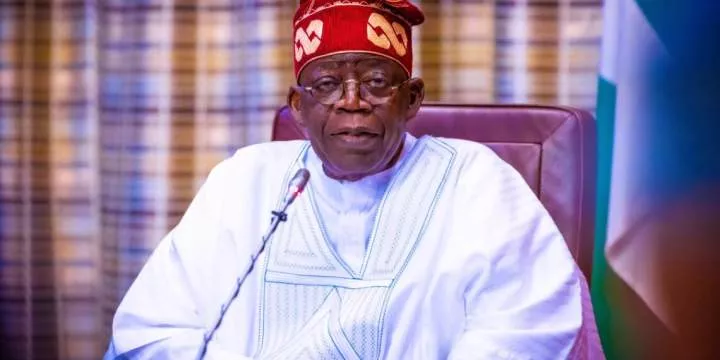
In a monumental speech to the nation, President Bola Tinubu addressed the current state of Nigeria's economy and his vision for the country's future.
During the speech, he empathized with Nigerians for the hardships being faced as he went further to outline bold measures to revitalize the economy and ensure that the impact of these measures is far-reaching.
"The cost of fuel has gone up. Food and other prices have followed it. Households and businesses struggle. Things seem anxious and uncertain. I understand the hardship you face," he said while acknowledging the current economic challenges.
He expressed his commitment to alleviate the burden and ensure an equitable future for all Nigerians.
Furthermore, the President also announced that Nigeria has saved trillions of Naira since the removal of fuel subsidies and stoppage of the preferential exchange rate system, which previously benefited a small group of elites at the expense of the wider population.
According to a press release made available to Nairametrics by the Office of Digital Engagement of The Presidency, the President announced measures - some of which are being implemented, to cushion the effect of these necessary changes.
The key measures:
1) Reinvesting Trillions already saved from Fuel Subsidy Removal: Since the removal of the fuel subsidy, trillions have already been saved. These funds were previously funnelled into selected pockets, but will now be utilized in public services.
2) Exchange Rate System Reform: The government has dismantled the multiple exchange rate system to curb currency speculation and create more equitable wealth distribution.
3) Business Tax Relief: Recall that earlier this month, President Tinubu signed four Executive Orders suspending and deferring specific taxes, aiming to boost the manufacturing sector.
4) Manufacturing Sector Investment: Between now and March 2024, the administration will invest N75 billion in the manufacturing sector. This initiative will fund 75 enterprises, each with access to N1 billion credit at 9% per annum, repayable over a maximum of 60 months.
5) MSMEs and Nano Business Investments: N125 billion will be injected into Micro, Small and Medium-sized Enterprises (MSMEs) and nano businesses.
This sum includes an N50 billion Conditional Grant for 1 million nano businesses and N75 billion for 100,000 MSMEs and start-ups.
The administration's target is to give N50,000 each to 1,300 nano business owners in each of the 774 local governments across the country
6) Affordable Food Initiatives: President Tinubu has also ordered the release of 200,000 Metric Tonnes of grains and will provide 225,000 metric tonnes of farming inputs to ensure that food prices remain affordable.
7) Agricultural Land Investment: N200 billion will be invested into cultivating 500,000 hectares of farmland. N50 billion will be allocated to each rice, maize, wheat, and cassava cultivation.
8) Infrastructure Support Fund: A new Infrastructure Support Fund is being established, allowing States to invest in critical infrastructure areas.
9) Affordable Mass Transit: N100 billion will be invested from July 2023 to March 2024 to acquire 3,000 units of 20-seater CNG-fuelled buses for affordable mass transit across Nigeria. These will be provided to major transportation companies in the states.
10) National Minimum Wage Review: A new national minimum wage is being introduced in collaboration with Labour unions, providing a salary boost to Nigerian workers.
11) Exchange Rate and Inflation Monitoring: The government will monitor the effects of exchange rates and inflation on fuel prices and intervene if necessary.
In addition, President Bola Tinubu revealed that his administration is working with Labour unions to introduce a new national minimum wage, assuring workers that a salary review is imminent.
"All of our good and helpful plans are in the works. More importantly, I know that they will work," affirmed President Tinubu. "We are exiting the darkness to enter a new and glorious dawn."
President Bola Tinubu remains steadfast in his mission to transform the economy, with the ultimate aim of delivering the greatest good for the greatest number of Nigerians.

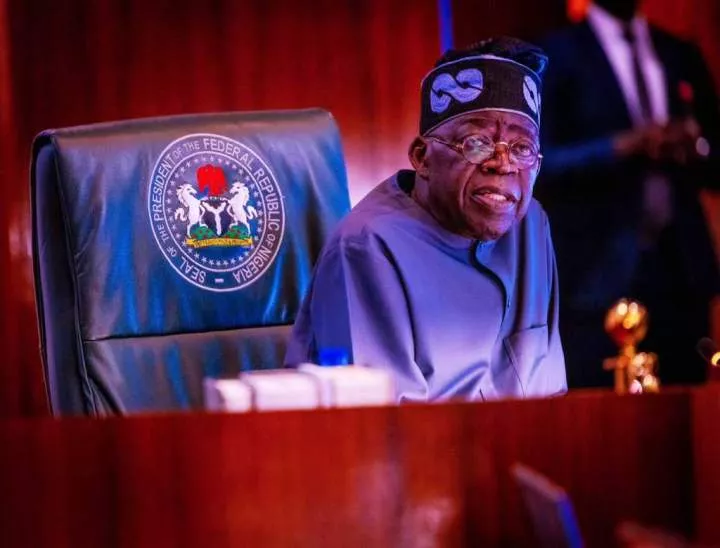
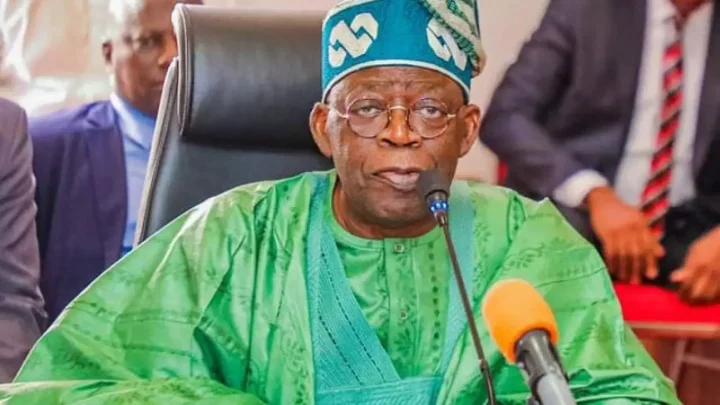
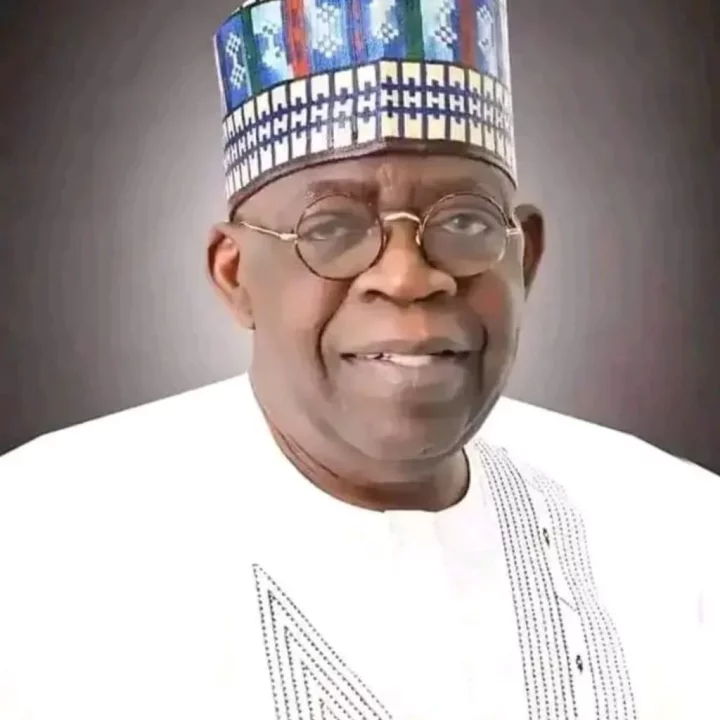
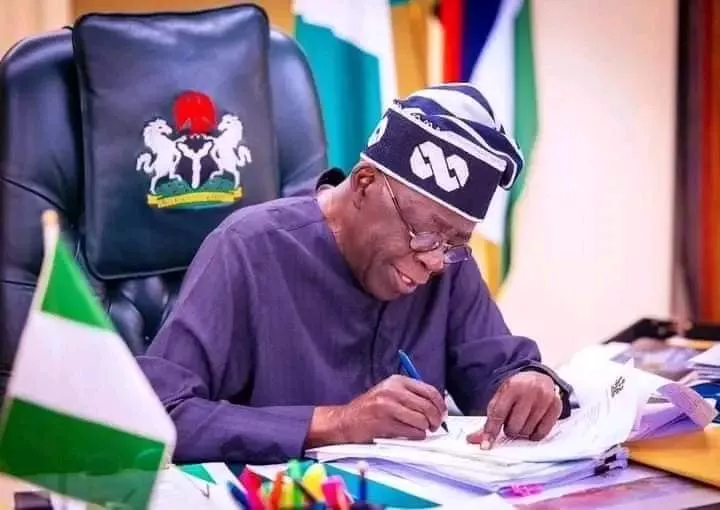
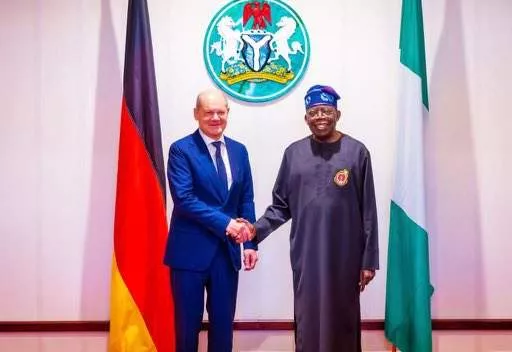
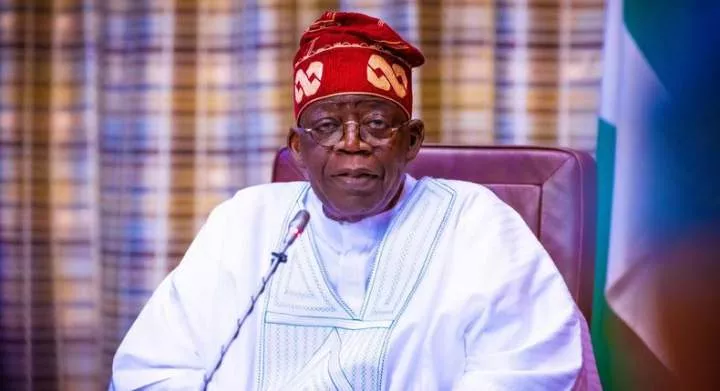









Comments